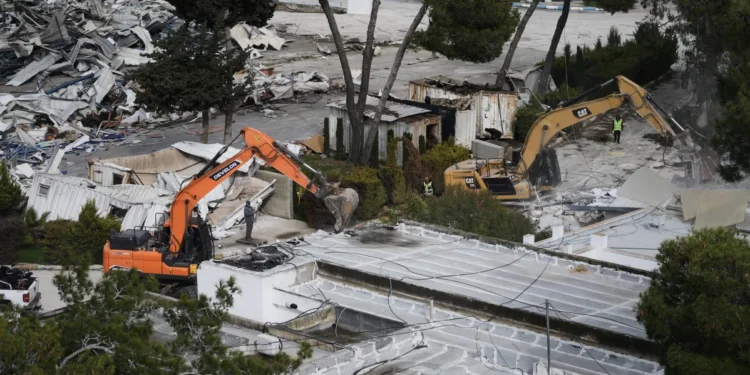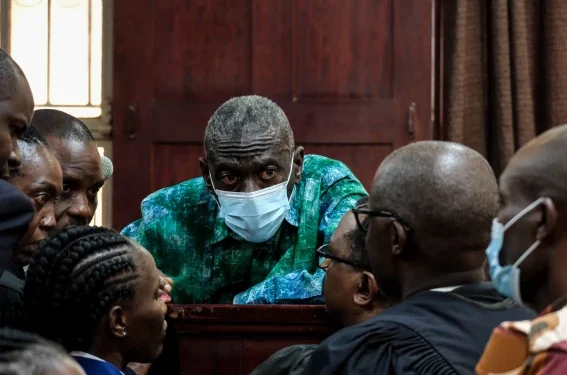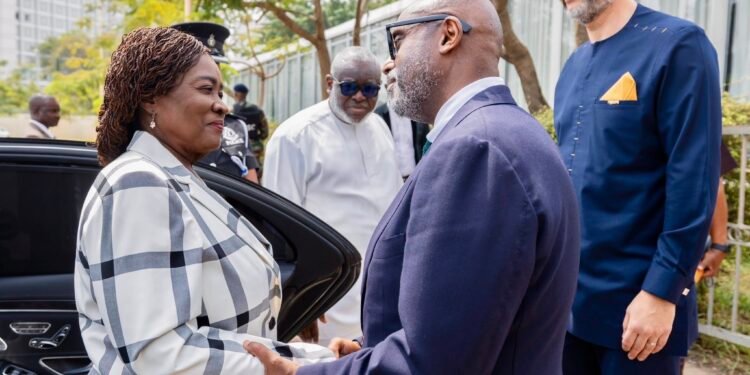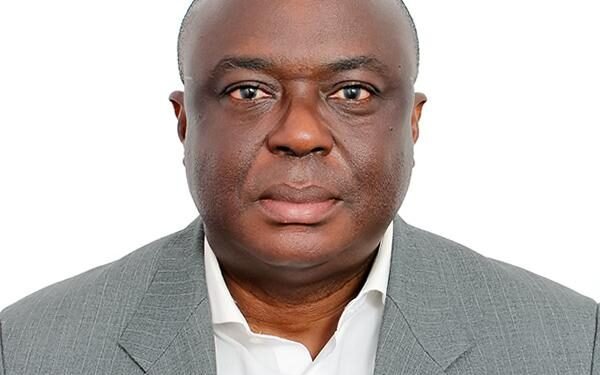A Member of Parliament’s Mines and Energy Committee, Edward Bawa, has revealed that Ghana has not gotten to the stage where it needs to pay for excess capacity.
According to him, despite such speculations by the ruling New Patriotic Party (NPP) in relation to energy sector debt, the country is not at point where it direly needs the excess capacity. He indicated that the country’s available capacity is not up to the level put forth by government, as such government’s peak demand hovers around 3,480 megawatts, which shows that the country has never had the occasion to pay capacity charges.
Mr Bawa defining excess capacity as when the generator declares availability which the off-taker cannot take, noted that there has been no instance of declaration of availability to which the off-taker cannot gain access.
“If you look at between 2001 to today, I tell you that to a very large extent, we have actually not gotten to a state where we have to pay excess capacity. If you look from 2001 to 2023 as we speak now, we have not had a situation where our available capacity had gone up to 3,700.
“So, if you have a situation where your available capacity is not up to 3,700 and your peak demand is around 3,480, taking into consideration that you also need redundancy in your system, what it simply means is that we have not had the occasion to pay capacity charges.”
Edward Bawa
Investments in Ghana’s energy sector
Meanwhile, the deputy minister for energy, Herbert Krapa, has called on stakeholders within the energy sector and companies to take advantage of, and invest in Ghana’s oil and gas industry for the mutual benefit of the companies and Ghana.
According to him, Ghana has been affected by the turmoil in global energy markets which includes COVID-19 and the Russian invasion of Ukraine.
Speaking on behalf of the sector minister, Dr. Matthew Opoku Prempeh, at the Global Energy Show in Calgary, Canada, he explained that prior to Russia’s invasion of Ukraine, the Covid pandemic had already destroyed most economies worldwide.
“Ghana being a country that is heavily dependent on the importation of petroleum products to meet domestic demand, the country did not just suffer the astronomical increments in fuel prices as a result of the invasion, but an unprecedented depreciation of our local currency and the related negative impact on other economic indicators such as inflation.”
Herbert Krapa
Mr Krapa recounted that globally, it is expected that fossil fuels will remain a significant component of the energy market in the long term, given the cost associated with the deployment of renewables such as solar and wind. He however admitted that the industry has seen significant cost reductions over the years.
“… Currently, renewable energy contributes only 20% to the total global energy consumption.”
Herbert Krapa
These “unpalatable statistics”, Mr Krapa noted, call for attention to be focused more on deploying technologies that improve energy efficiency, capture and/or minimize carbon emissions, whilst simultaneously pursuing the development of renewable energy as an alternative to fossils.
He highlighted that this is necessary if the net zero target is to be achieved.
Touching on how sustainable energy can build resilience, the deputy minister said Sustainable Energy ensures the diversification of energy sources and minimizes the price volatility associated with fossil fuels. He stated that decentralized renewable energy generation such as solar rooftops help reduce transmission losses associated with grid generation.
Furthermore, he emphasized that climate benefits of sustainable energy usage minimizes the environmental disasters that affect energy installations.
READ ALSO: Gyakye Quayson Case: One Of The Most Brazen Manipulation Of Judicial System- Mahama























